What’s the best diet for heart disease? Turns out to be a bit of a complicated question. But at this point we have research spanning a vast number of human lifetimes, and we have been able to draw some solid conclusions.
I should note, the mechanisms behind how the “best” diets work aren’t always so clear. That’s because it’s sometimes difficult to isolate a single nutrient to study. A supplemental form of it might not work the same, or the nutrient might only work (or work optimally) in concert with another nutrient. Or an important nutrient might not have even been discovered, yet. But what we can say, is the people who eat a dietary pattern aligning with one of these do have better outcomes with regard to heart health (and often overall health) than those who don’t. And a bonus - no undesirable side effects!
In this article, I’ve rounded up the three dietary patterns with the most science, and most profound impact on heart health.
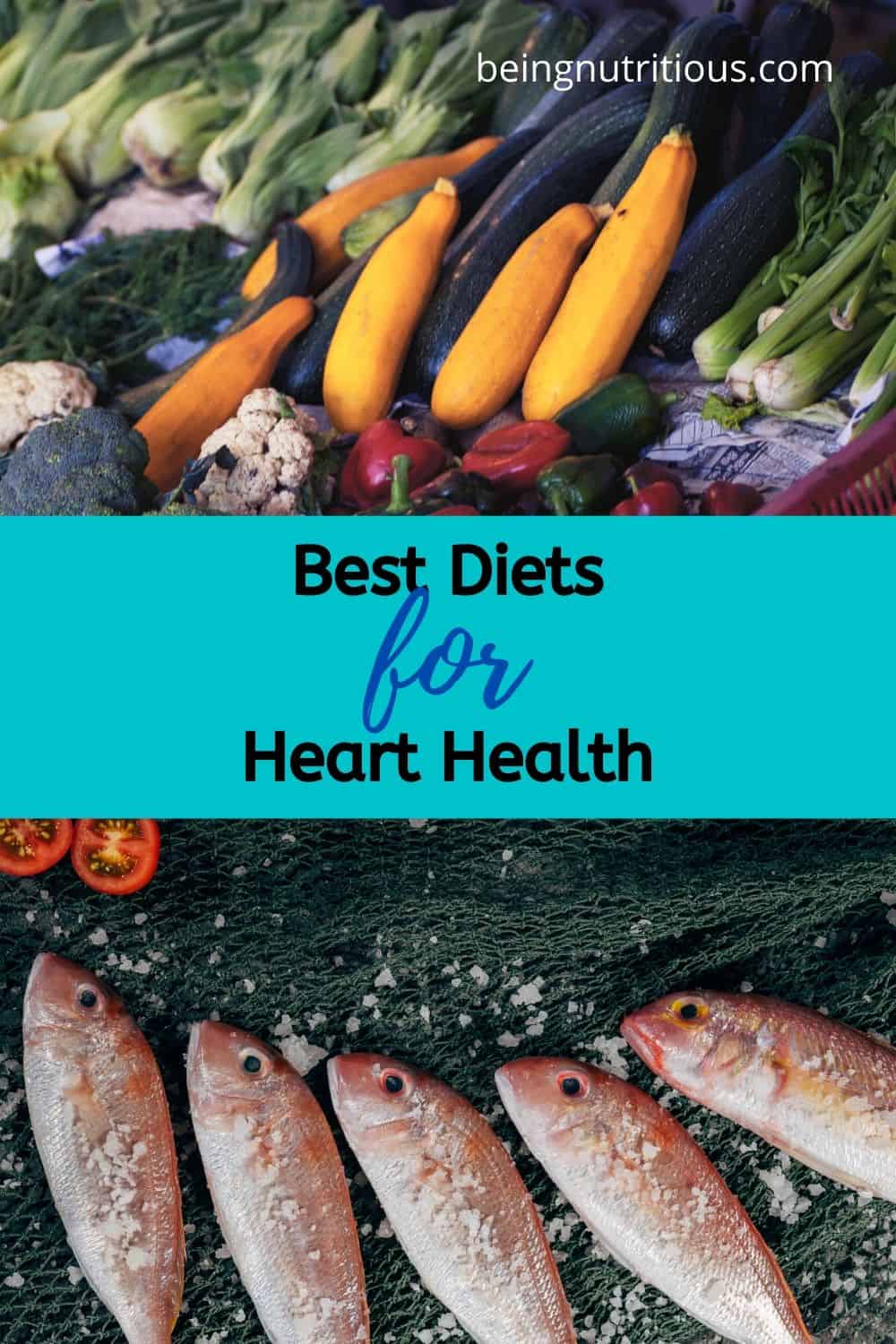
Whole Food Plant Based Diet
A Whole Food Plant Based Diet is simply a way of eating centered around plants. Minimally processed whole grains, fruits, vegetables, legumes, nuts, and seeds make up the majority of foods consumed. Foods like meat, milk, yogurt, cheese, eggs, butter, seafood, and processed foods are eaten rarely, if at all.
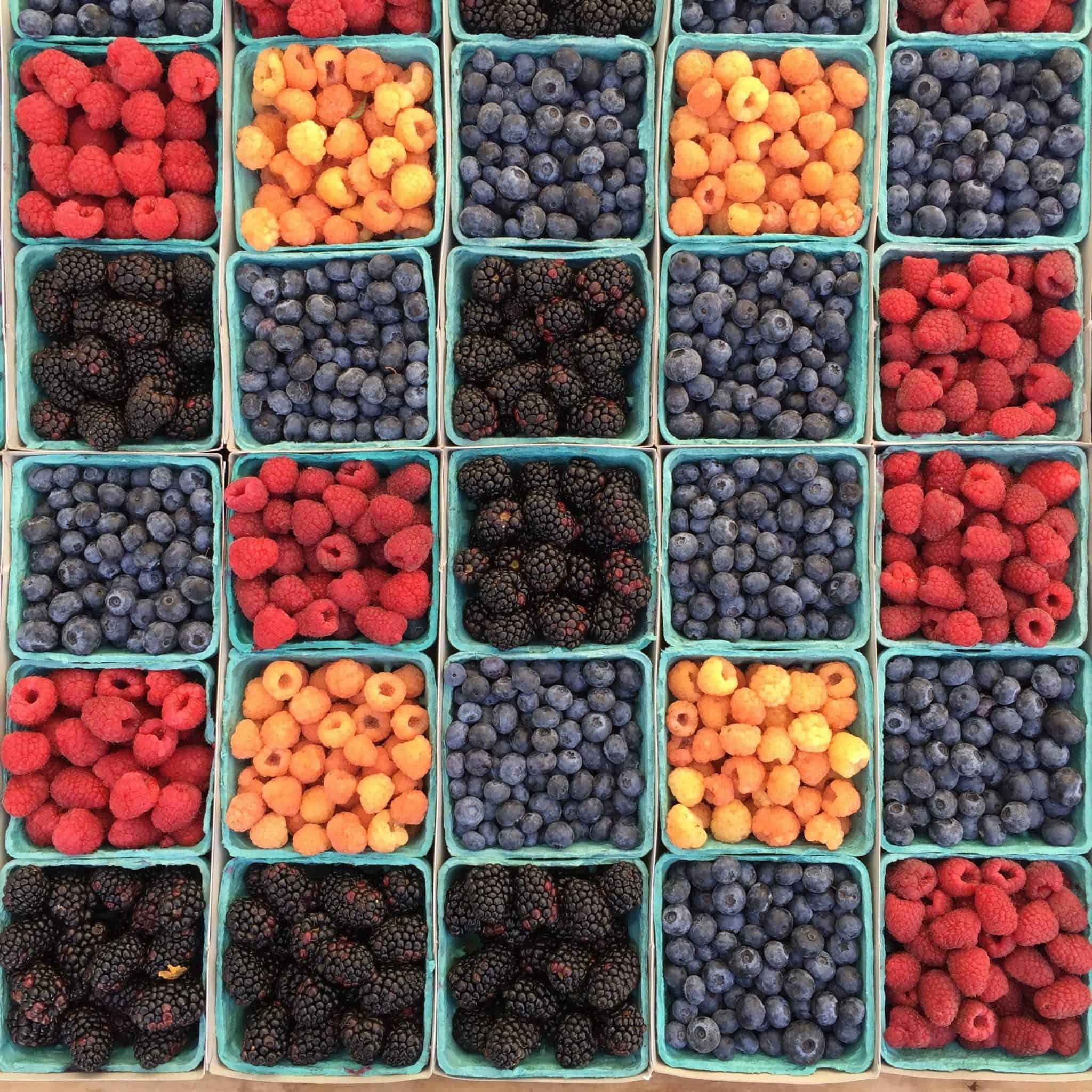
Excitingly, a Whole Food Plant Based Diet is the first dietary pattern ever to show that it can not only manage heart disease effectively, but in some cases, reverse it (2, 3, 4, 5)! Interventional studies have been conducted since the 1980s. Additionally, Whole Food Plant Based Diets have been shown to decrease the risk for many types of cancers, type 2 diabetes, obesity, high blood pressure, high cholesterol, and stroke.
A Whole Food Plant Based Diet is not necessarily a vegetarian or vegan diet, though many people now use the terms interchangeably. A vegetarian diet is one in which no animal meat is consumed, but animal products like milk, cheese, yogurt, and eggs are typically accepted. A vegan diet is one in which no animal products at all are consumed. Both of these dietary patterns may be followed for health, but are also often followed for animal welfare and/or environmental concerns. By their definitions, they may not be healthy patterns just because they don’t include animal meat or other products. For example, cakes, cookies, pies, potato chips, and alcohol are all easily produced without animal products. Oreos are notorious for being “accidentally vegan.”
A person following a Whole Food Plant Based Diet, on the other hand, will consume mainly plant foods in their most unprocessed form, on a regular basis. But animal foods and more processed “junk” food may be eaten on occasion, too. For example, at a birthday party, or a special night out to a restaurant.
DASH Diet
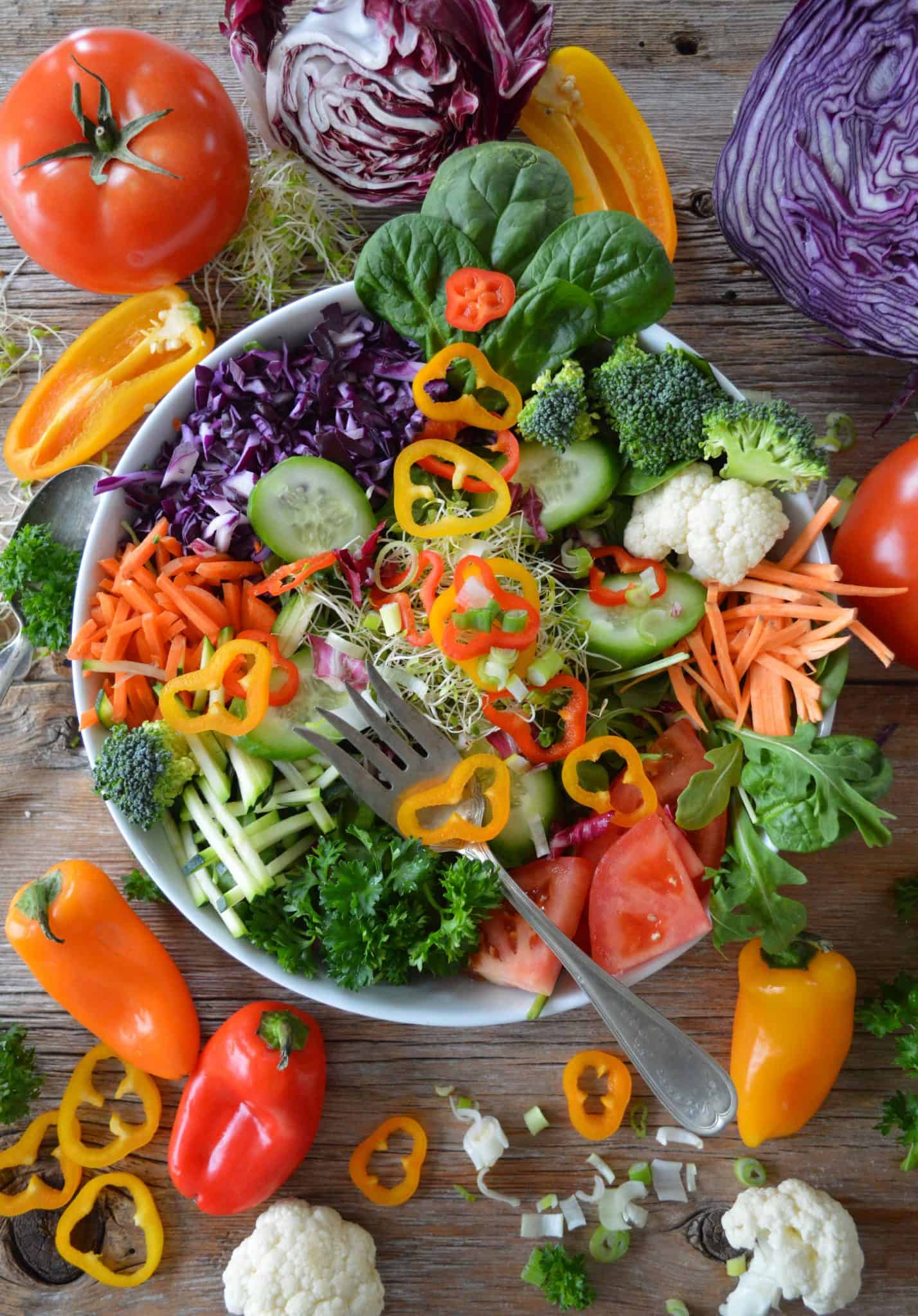
DASH stands for Dietary Approaches to Stop Hypertension, and it was developed specifically to lower blood pressure without medication. The DASH Diet is rich in fruits, vegetables, whole grains, and low or no fat dairy. It also includes lean meats, fish, poultry, nuts, and beans. This makes it rich in fiber, potassium, calcium, and magnesium, low in sodium, and low to moderate in total fat.
The DASH eating plan has been shown to be able to lower blood pressure within just one week (6)! The DASH Diet has also been shown to lower cholesterol, and is associated with a lower risk of heart disease, stroke, and heart failure (7, 8, 9).
There are multiple versions of the DASH Diet now, to meet your desires: the Mediterranean DASH Diet, the DASH Diet for Weight Loss, and the Vegetarian DASH Diet. The DASH Diet typically tops US World and News Report’s annual review of the best diets, for its healthful qualities and ease to incorporate into your lifestyle.
Mediterranean Diet
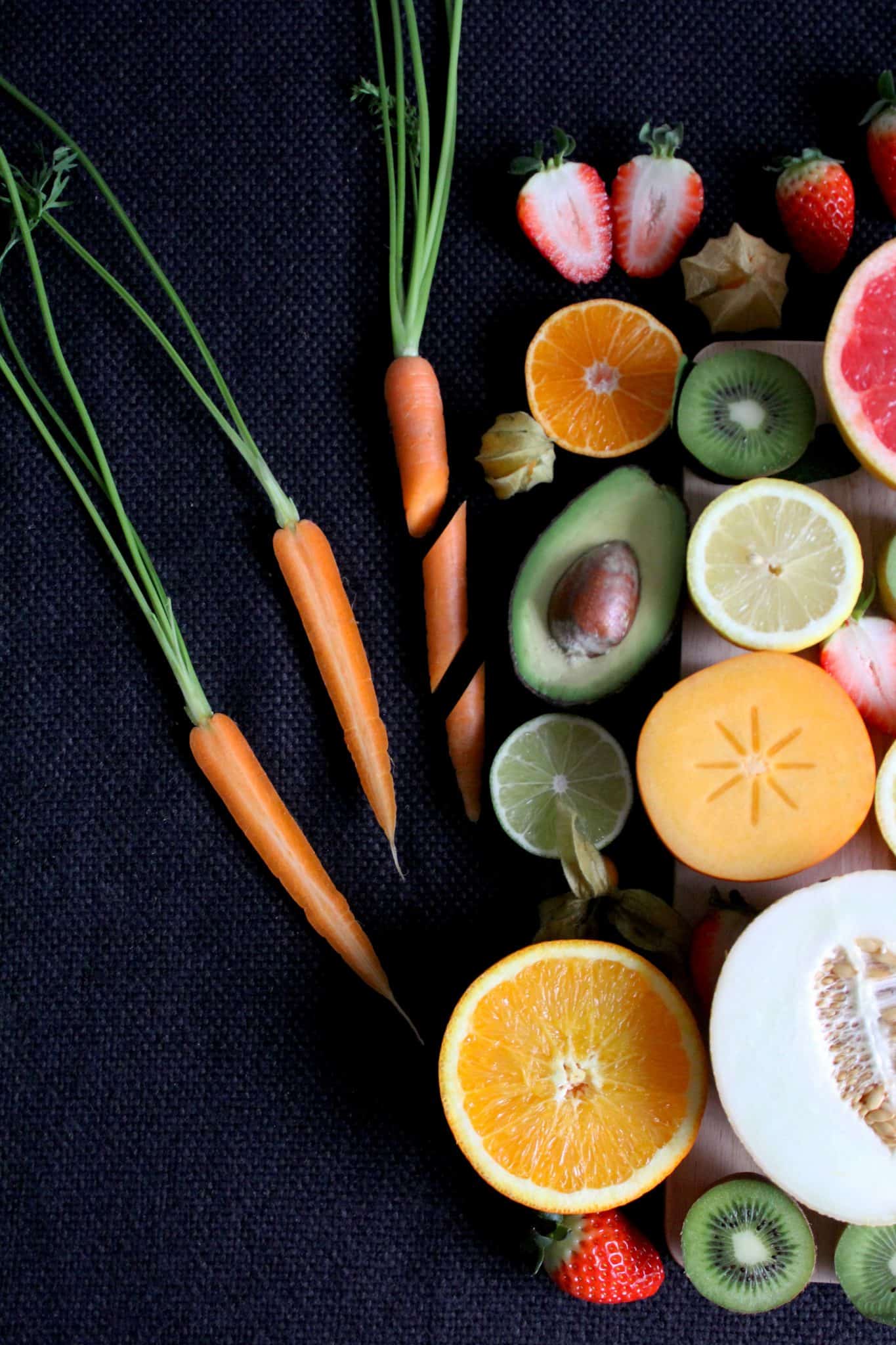
The Mediterranean Diet is a pattern of eating modeled after a few populations in the Mediterranean region in the 1960s, where they were noted to have less incidence of diseases seen in increasing prevalence in the Western world. Dubbed the Seven Countries Study, it was the first study to relate diet to heart disease. This study helped establish the foundations of what would become the Mediterranean Diet we know today.
The foundation is lots of fruits, vegetables, whole grains, fresh herbs, and legumes, with moderate amounts of lean protein like fish and seafood, and healthy fats like olive oil, nuts, and seeds. Red meat, other meats, processed meats, desserts, and other processed foods and snacks are eaten rarely.
A Mediterranean Diet has been shown to lower the risk of heart failure, improve cholesterol, and decrease atherosclerosis (10, 11, 12). This eating pattern also ranks highly by US World and News Report year after year for its health benefits, variety, and relative ease to follow.
The Bottom Line
All the best heart healthy diets have a few things in common. They all have a strong foundation of plant foods. Some add animal foods and some don’t.
It’s no secret that eating more plants is good for you. In fact, in all the nutrition controversies out there, the advice to “eat more fruits and vegetables” is probably the least contested. And, it seems, the more the better. Increased heart health benefits have been seen with up to 10 servings a day (1).
So it turns out, your mother was right: “Eat your veggies.” Why are plants such powerhouses when it comes to heart health? Besides their awesome nutrition profiles, we think it comes down to the fiber and phytochemicals that abound in them. Phytochemicals are chemicals plants make to help protect themselves. And it seems those same chemicals help protect us, in turn. Some examples of phytochemicals you might already be familiar with are beta carotene, phytosterol, flavinol, phytoestrogen, and capsaicin. Different plants are rich in different phytochemicals, so it’s important to consume a variety of them as often as possible.
Start wherever you are and work up from there. Not eating any vegetables? Pick one vegetable and make it this weekend for one meal. Make a plan to include a vegetable next week on two days. Add a day each week, then start rotating in different vegetables. Just make sure you set realistic goals for yourself, and you’ll get there!
Get started today with some quick and easy meal ideas!
Got ya covered for heart healthy snacks, too!
Desserts? Oh yea!
And if you're looking for some great equipment to add to your heart healthy kitchen, we've got that, too!
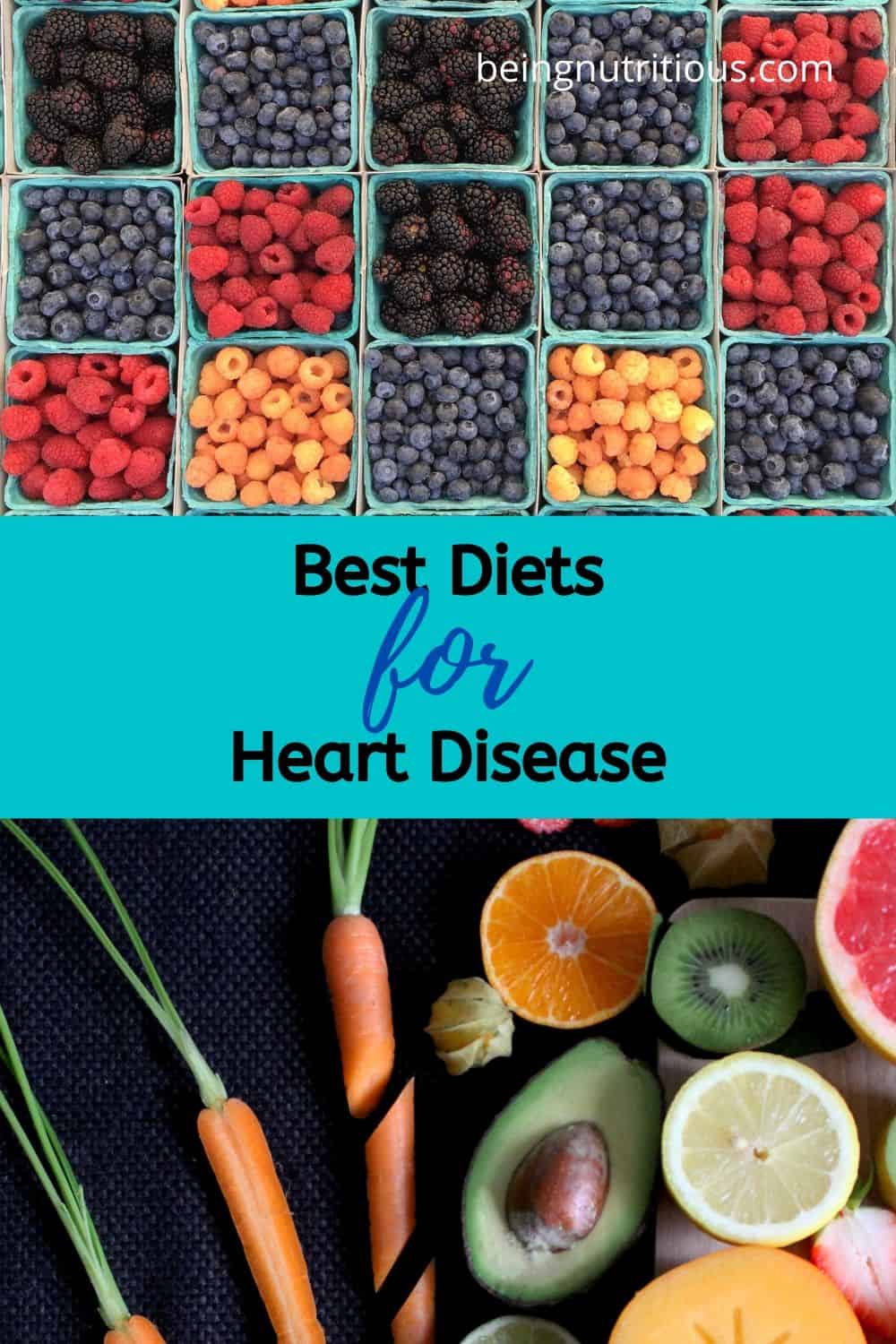

Leave a Reply